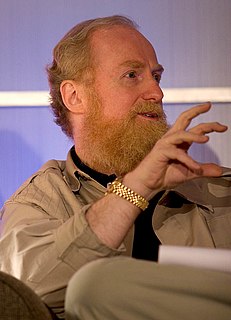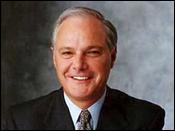A Quote by Bran Ferren
Most products are ugly. The harsh reality is that in many of these markets, form follows funding. And that products go where the market takes them.
Related Quotes
Shifting Philip Morris to the new a non-risk products doesn't mean that I will give market share to my competitors free of charge. In the markets where we are not present with IQOS yet or the other reduced-risk products, you still need to defend your share of the market. They still represent the bulk of our income, and so far they have financed the billions of dollars we have put behind these new products. But once we go national in a market, and absent capacity constraints, then you shift your resources and your focus to these new products.
One thing people underestimate is how markets don't allow anyone to do anything except make better and better products. There's not much leeway. The world is a lot more competitive than most people think, particularly in a high-technology area. If a company takes its eye off improving its products, if it tries to do anything that would be viewed as an exercise of power, it'll be displaced very rapidly.
It may be thought justifiable to require tests on animals of potentially life-saving drugs, but the same kinds of tests are used for products like cosmetics, food coloring, and floor polishes. Should thousands of animals suffer so that a new kind of lipstick or floor wax can be put on the market? Don't we already have an excess of most of these products? Who benefits from their introduction, except the companies that hope to profit from them?
We’re keenly aware that when we develop and make something and bring it to market that it really does speak to a set of values. And what preoccupies us is that sense of care, and what our products will not speak to is a schedule, what our products will not speak to is trying to respond to some corporate or competitive agenda. We’re very genuinely designing the best products that we can for people.







































